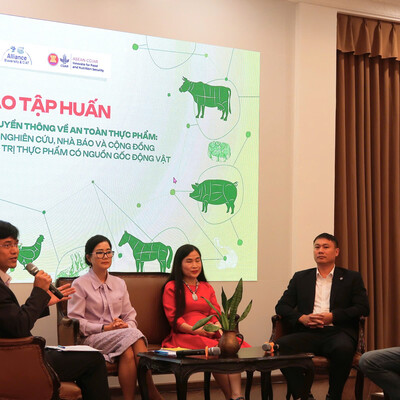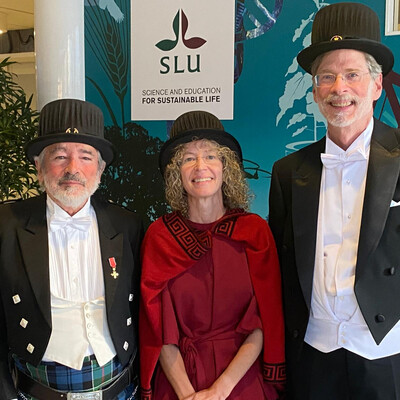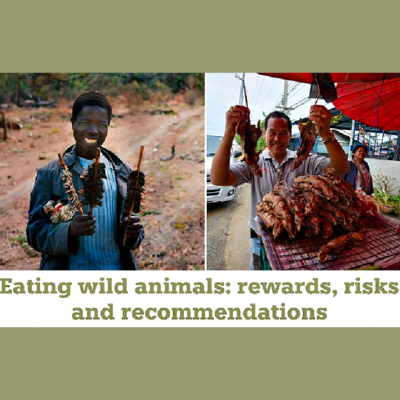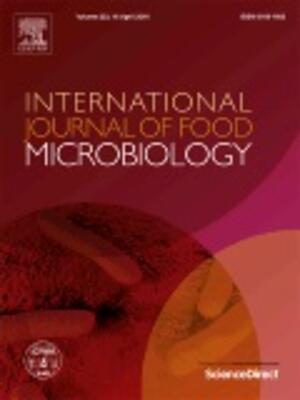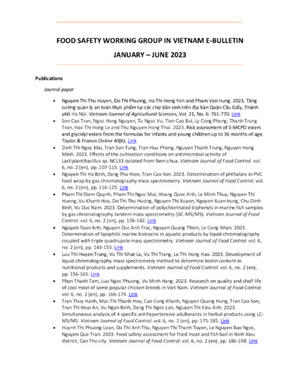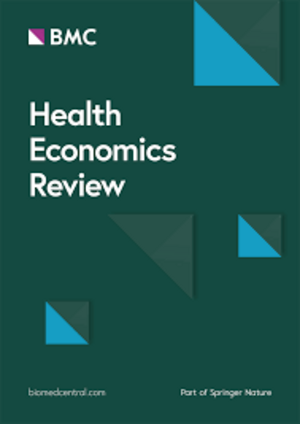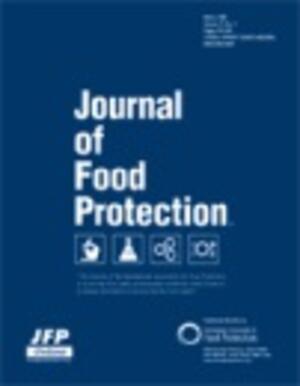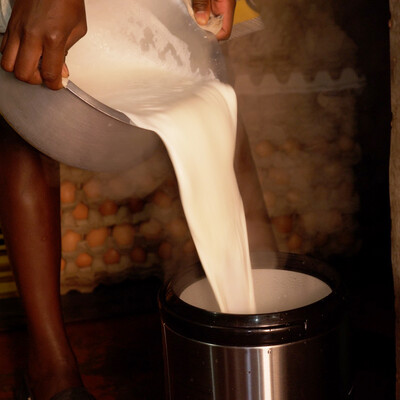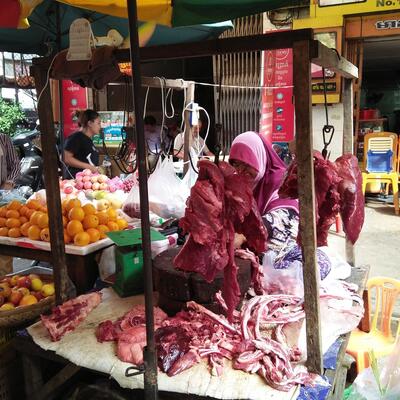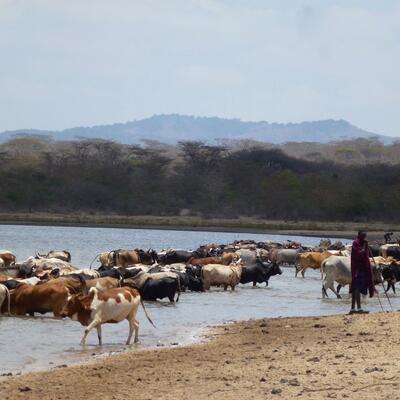
CGIAR One Health Initiative pilots a ‘rating’ system to improve pork safety in traditional markets in Vietnam
Every year on 3 November, International One Health Day serves as a global platform, highlighting the intricate nexus between human, animal, and environmental well-being. This year, under the theme, 'Connecting Air, Land, and Water,' the CGIAR One Health Initiative (OHI) underscores the critical need for interdisciplinary collaborations to tackle multi-faceted challenges that transcend national boundaries. The OHI is deeply involved in the One Health research addressing zoonotic diseases, food safety, and antimicrobial resistance (AMR).
In observance of this important day, the OHI highlights its ongoing efforts to elevate pork safety standards in Vietnam, a nation where pork is a significant dietary staple. Pork is the most consumed meat in Vietnam, with over 90% of it being sold in traditional markets. Research by the International Livestock Research Institute (ILRI) found that more than 60% of meat samples from these markets were contaminated with Salmonella. Food safety is a serious challenge in low- and middle-income countries, where foodborne diseases claim 420,000 lives and result in a loss of $110 billion annually, according to the World Health Organization (WHO) and the World Bank.
A major obstacle to achieving better food safety in the traditional meat markets of Vietnam is the lack of adherence to basic food hygiene practices by pork vendors. Improving these practices could significantly reduce contamination and improve public health. However, due to the absence of market incentives and weak regulatory enforcement, vendors have little motivation to comply.
In response to this challenge, the OHI is conducting a randomized controlled trial (RCT) in 68 traditional pork markets across five Vietnamese provinces. This study builds upon the success of light-touch interventions implemented under the ACIAR-funded SafePORK project in Vietnam (2017-2023) and the USAID-funded Safe Food, Fair Food for Cambodia project (2017-2020). The three-legged stool approach to food safety developed through these earlier projects includes capacity building including through improved technology, an enabling policy environment, and incentives for behavior change. Through the ongoing RCT, the OHI will rigorously test the effectiveness of this approach and position it for scaling. Vendors are trained on good hygiene practices and offered the opportunity to enroll in a food safety rating program. The research also investigates the differing roles, responsibilities, and experiences of men and women in traditional markets, and how gender mediates the conditions that facilitate vendors’ hygiene practices and income opportunities.
Enrolled vendors will be monitored and assigned ratings based on their observed food hygiene practices. A consumer awareness campaign will run in parallel with the rating program. Follow-up data will be collected to assess the impact of the program on both hygiene practices and sales volumes, to understand whether the program creates incentives for sustained improvements. If vendors with high ratings attract more consumers, this approach would pave the way for more vendors to adopt the rating system and observe good hygiene practices.
‘As we pilot a food safety rating system to improve pork safety in Vietnam, we see the immense potential for scaling up these interventions to make a real impact on public health in the country. By raising awareness and incentivizing better hygiene practices, we can create a safer environment for consumers and vendors,’ said Sinh Dang, the ILRI researcher who leads food safety work package in Vietnam.
In late October 2023, the OHI began its interventions in Thua Thien Hue Province. The research team conducted in-depth interviews with women and men pork retailers, consumers, market managers, and local authorities to gain insights into the perception of safe pork, current food safety practices, equipment and clean water conditions, food safety regulations, gender roles, barriers to food safety, and consumer requirements and expectations.
The initiative introduced good hygiene practices though capacity development training for pork vendors based on three key principles: clean surface and tools, separate raw meat, organs, and cooked products, and clean hands. Some vendors were provided essential equipment like cutting boards and hand disinfectants for practical use.
Trang Le, the PhD student with the project commented, ‘through my involvement in the CGIAR One Health Initiative, I've gained invaluable insights into capacity development and the importance of practical, hands-on training for pork vendors. This project has been a significant learning experience.’
Previously, the initiative conducted a pre-test phase which included 17 pork shops in two markets in Thai Nguyen Province in late 2022. In July 2023, it expanded to 13 pork shops in two additional markets in Can Tho Province, allowing for the adjustment of interventions to better align with the community's needs.
The OHI's efforts will be extended to 68 markets across five provinces, including Hanoi, Thai Nguyen (Tonkin), Hue (Central), Can Tho, and Dong Nai (Mekong Delta). The findings and outcomes of this extensive effort are expected to be shared by December 2024.
The OHI is jointly implemented by a One Health team from ILRI, International Food Policy Research Institute (IFPRI), Institute of Environmental Health and Sustainable Development (IEHSD), National Institute of Veterinary Research (NIVR) and Mekong Development Research Institute (MDRI) and local authorities from five provinces.







